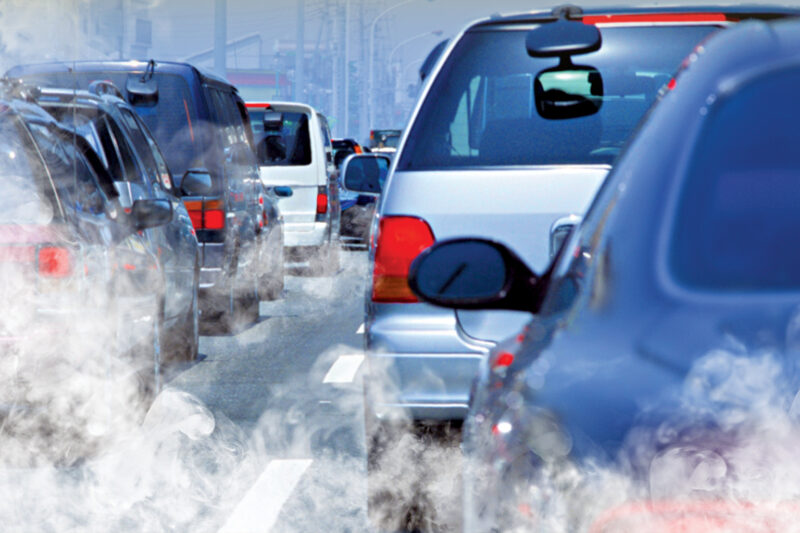

The Energy Transition Advisory Committee set up by the Ministry of Petroleum and Natural Gas recently compiled a report titled ‘The Green Shift’ that recommends measures to cut India’s carbon emissions and emphasises the adoption of clean energy solutions in India’s energy mix.

The Energy Transition Advisory Committee has suggested that four-wheel vehicles running on diesel be banned by 2027. It also recommended that cities with a population of over a million should switch to gas-powered and electric vehicles in order to reduce carbon emissions. Further, the committee suggested that no diesel buses be added in urban areas and only electric buses should operate by 2030.
Diesel is a source of many major pollutants including nitric oxides, particulate matter and carbon dioxide. However, the Indian transport sector is heavily dependent on diesel and apart from commercial vehicles, private vehicles also use the fuel. Implementing the ban would thus require a lot of deliberation and consultation with multiple stakeholders.
As of now, no decision has been taken by the centre on the committee’s proposal. However, if the proposal is accepted, the decision could suddenly rush the process to move to ecofriendly fuels, which could disrupt India’s transport sector. This in turn would affect citizens and businesses. Will India be ready to make the move? What are your views on this proposal?
Some facts you should know:





